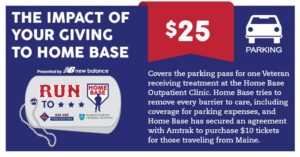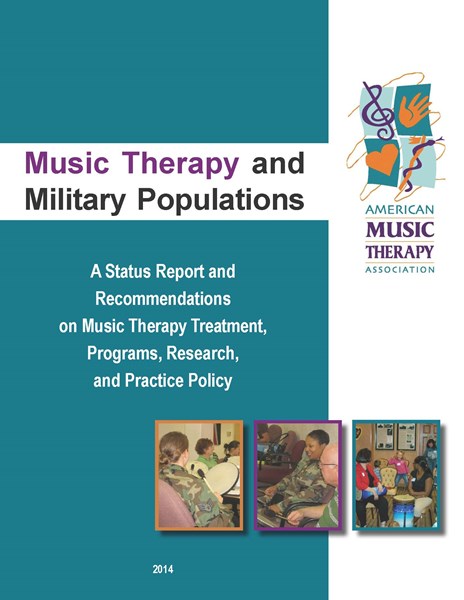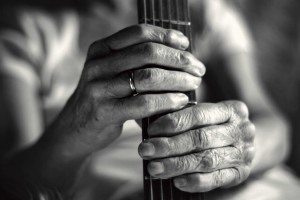by: Laetitia Brundage, MT-BC
A Time to Reflect
As we come closer to Memorial Day, I often think about those incredibly brave individuals who have lost their lives in order to help protect our freedom. They made the ultimate sacrifice to help us preserve the liberties we often take for granted. There are many men and women returning to civilian life burdened and battered by the trauma of war. Their families also feel the psychological effects of having a loved one on in battle.
I think of this and I wonder, “What can I do to show my appreciation? How can I help?”
And then a new partnership presented itself, giving me the chance to give back! For the past several months, I have had the incredible opportunity to help out many post-combat veterans through what I know best, music! With a team of music therapists from Roman Music Therapy Services, I have been able to act in support of a new clinical program called “Home Base.”
Dedicated to Healing
Home Base is a program run through Massachusetts General Hospital (M.G.H.) and the Red Sox Foundation. It involves an intensive 2-week clinical program to help post-combat veterans suffering from PTSD, TBI(Traumatic Brain Injury) and other psychological disorders brought on by their experiences. The range and intensity of therapies and interventions in this program are vast. Music was brought on board to help transition the veterans and their families into the program.
By leading two group drumming experiences per clinical period, we have been able to help promote community by building trust and camaraderie among the veterans, families and staff members. Simultaneously, we are working to reduce the anxiety and stress related to being part of such a program. Since February of this year, we have served 30 veterans, 21 family members and 6 staff members.
Serving Veterans and Families
At the end of each drum circle, we invite the group members to provide us with their reflections on the experience by writing them down on index cards. The following quotes are from the veterans and their family members:

- “Cohesive; Barrier crossing”
- “Total transformation of everyone’s attitude. Everyone was closer and more open.”
- “This was a powerful way to see how we (strangers) can work together.”
- “This was a great way to bring the group together right off the bat. Perfect icebreaker. Also really nice to play some music again.”
- “Fun! Great way to get to know each other. Fun to watch other people have fun.”
- “Nice to be able to share a side with family that isn’t all gloom and doom.”
While our contribution to the overall treatment plan could be considered small, the feedback from those experiencing these musical moments shows that it provides an essential amount of balance and relief during their strenuous journeys. As far as I’m concerned, I am honored to provide a service that can bring smiles and laughter to people that are fighting and coping with a very real and difficult battle everyday.




 Music therapy has been recognized and supported in the mental health field for many years. In the early history of music therapy, musicians worked with veterans from World War 2 playing songs in hospitals or rehabs. These musicians and surrounding staff saw noticeable changes in the veterans mood and affect. The field has grown largely since then, working with a range of demographics, disabilities, in such settings as; mental health, special education, hospice, nursing homes, and hospitals.
Music therapy has been recognized and supported in the mental health field for many years. In the early history of music therapy, musicians worked with veterans from World War 2 playing songs in hospitals or rehabs. These musicians and surrounding staff saw noticeable changes in the veterans mood and affect. The field has grown largely since then, working with a range of demographics, disabilities, in such settings as; mental health, special education, hospice, nursing homes, and hospitals.